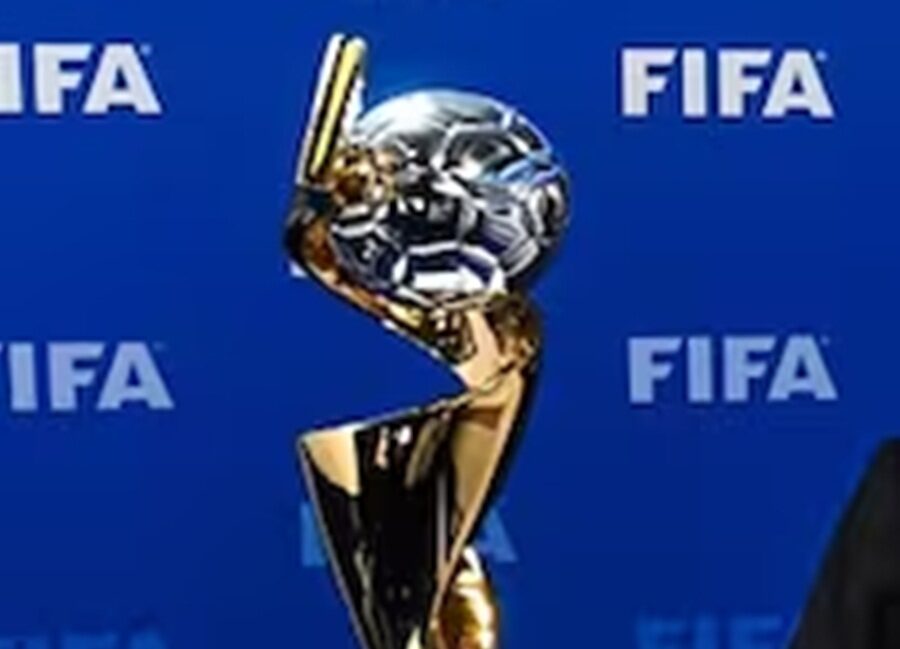New York, July 19 – UN Women and FIFA are coming together during the FIFA Women’s World Cup in Australia and New Zealand 2023 from July 20 to August 20 to celebrate the skills and achievements of the teams and players, to advance gender equality in football, and prevent abuse and discrimination on and off the field.
The 2023 tournament is expected to be seen by over two billion people — the largest audience in history for a single women’s sport, which offers an opportunity to celebrate women’s achievement in sport and to move the needle — both for women’s football and for gender equality.
Globally, women players continue to struggle with fewer professional opportunities, a massive pay gap, fewer sponsorships, less airtime, and unequal playing conditions.
When women players do succeed, they regularly face a toxic backlash of abuse online and offline.
To address some of these challenges and advance in closing the gender gap in football, FIFA raised the prize money for 2023 Women’s World Cup to $150 million — triple the amount in 2019 — as part of a three-step gender equality plan.
“Football Unites the World” campaign will highlight major gender equality issues during the tournament.
Under this umbrella, UN Women is partnering with FIFA to call for action to “Unite for Gender Equality,” to realise gender equality as a fundamental human right, and critical for a peaceful and sustainable world and “Unite for Ending Violence Against Women,” a call to end violence against women and girls as the most pervasive human rights violation worldwide.
“The women competing in this World Cup are role models for every girl on this planet. Their strength and skills are inspirational. At the same time, this tournament is a reminder that there are too many women and girls who are excluded from the world of sport, and that even those who do participate too often experience discriminatory treatment and, even in some cases, abuse,” said UN Women Executive Director Sima Bahous.
“The Women’s World Cup shows us how much not only they but the whole world misses out on when we fail to afford women and girls the same opportunities as men and boys. Our partnership with FIFA, including on the global ‘Football Unites the World’ campaign, reflects a serious commitment and ambition to address that for everyone’s benefit.”
The two calls to action on gender equality will be promoted via the team captains’ armbands, pitch side digital LED boards, large flags presented on the pitch, giant screens in stadiums and via social media.
“Unite for Gender Equality” will be the featured message on match day three (July 30 and August 3) and “Unite to End Violence Against Women” will be the designated message during the semifinal (August 16).
The Women’s World Cup is about women players scoring amazing goals, but the most important goal of all is gender equality.
Donations towards these initiatives that will help UN Women in the fight for gender equality and the empowerment of women and girls in and through sport can be made here.
Five other UN Agencies have joined the “Football Unites the World” cause activation, including UNESCO, UNHCR, UN Human Rights Commission, World Food Programme and World Health Organization.




